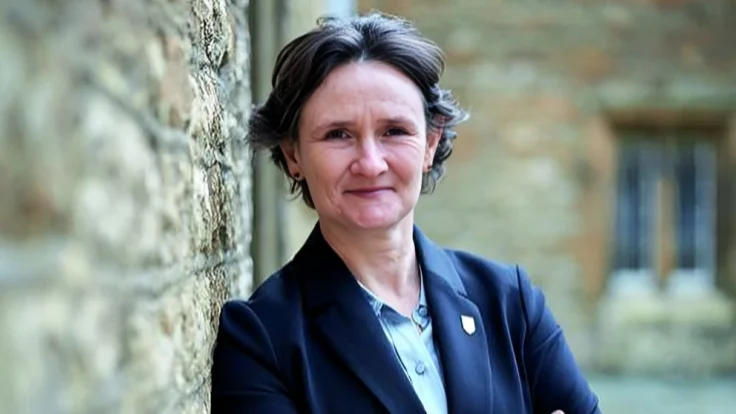A recent study published in JCPP Advances has examined the links between shame, depression, and anxiety in adolescents who engage in hairpulling, also known as trichotillomania. The research focused on 128 young people aged 13 to 18 who self-identified with hairpulling disorder. Participants completed an online survey to assess the severity of their hairpulling behavior and related psychological symptoms.
The study was supported by the National Institute for Health and Care Research (NIHR) Oxford Health Biomedical Research Centre and NIHR Applied Research Collaboration Oxford and Thames Valley. It addresses a gap in current understanding, as most previous research on hairpulling has concentrated on adults rather than adolescents.
Researchers found that high levels of shame were present among the participants and that this shame significantly predicted symptoms of anxiety and depression, such as low mood, loneliness, nervousness, and feeling on edge.
Professor Clare Mackay, a co-author of the study who also organized the first Oxford BFRB conference last year, said: "Many of us with BFRBs know that shame plays a huge role, so it is no surprise that it shows up strongly in this group. What is important is that we have demonstrated that shame is already prevalent in young people aged 13-18, and that it strongly relates to depression and anxiety."
The research also highlighted that entering a trance-like state during hairpulling was common; 88% of participants reported experiencing this at least some of the time. Additionally, 64% said they usually or always pulled their hair without realizing they were doing it.
Professor Mackay commented: “We've also demonstrated that the trance-like state is experienced by nearly all of our young people. This is important because interventions need to consider how to help during times when there is little, or no, conscious control."
Associate Professor Polly Waite from the Department of Experimental Psychology, another co-author of the paper, stated: "Our research results suggests that negative self-evaluation plays a crucial role in maintaining hairpulling and co-occurring symptoms. Therapeutic interventions which reduce shame and enhance the ability to accept distressing internal experiences may be important in clinical approaches to adolescent hairpulling."
The researchers emphasized that stigma contributes to feelings of shame among those affected by body-focused repetitive behaviors (BFRBs), highlighting the importance of raising awareness about these conditions. Professor Mackay has recently discussed BFRBs on platforms such as Oxford Sparks and the American Psychological Association’s ‘Psychology Speaks’ podcast.

